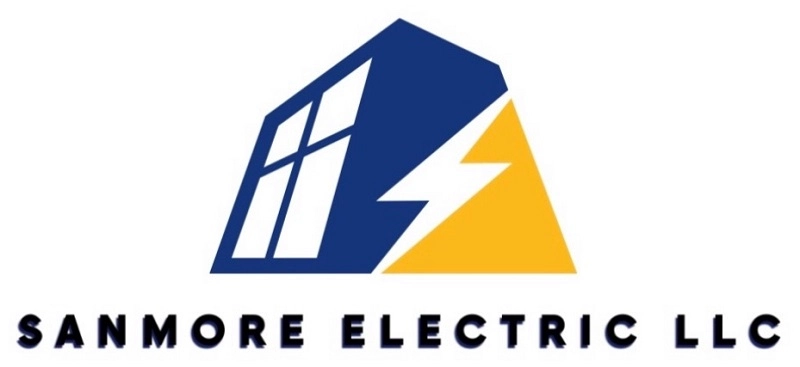Important Points for Choosing and Setting up Your Power Backup Solution
Having a generator at home or business can be a lifesaver during power outages. Knowing the key factors to consider before installing one helps in making informed decisions. This article covers essential aspects like cost, size, and maintenance to guide you through the process. By understanding these elements, you’ll ensure that your power backup system is reliable and efficient. Let’s explore what you need to know.
Understanding Your Power Needs
The first step in choosing the right generator is to understand your power requirements. Determine how much electricity your home or business typically uses. Consider all essential appliances and systems that must remain operational during an outage. This information helps in selecting a generator with adequate capacity. Remember, too small a generator will not meet your needs, while too large a unit could be unnecessarily costly.
Selecting the Right Type of Generator
There are various types of generators available in the market. The most common ones include portable, standby, and inverter generators. Portable generators are easy to move but may require manual setup. Standby generators offer automatic switching during a power loss, providing convenience and reliability. Inverter generators are known for their quiet operation and fuel efficiency. Each type has its pros and cons, so it’s vital to choose based on your specific situation.
Generator Installation Options
Proper installation is crucial for safety and performance. You might want to hire professionals to handle the technicalities involved in generator installation. A qualified installer ensures that everything complies with local codes and standards. They also verify proper placement to avoid hazards such as carbon monoxide buildup. Incorrect installation can lead to serious risks, including fire or electrocution.
Evaluating Installation Costs
Installation costs can vary significantly depending on several factors, including the type and size of the generator and the complexity of the setup. While it may be tempting to cut corners, investing in quality installation services pays off by ensuring long-term reliability and safety. Compare quotes from different providers to find a balance between price and quality.
Considering Maintenance Requirements
Just like any other equipment, generators require regular maintenance to perform optimally. Routine checks include testing the battery, changing the oil, and inspecting connections. Establishing a maintenance schedule helps prevent unexpected failures when you need power the most. Some manufacturers offer service packages with their products, which can provide peace of mind.
Environmental Impact and Efficiency
Sustainability is increasingly important for many people when choosing appliances. Generators can have environmental impacts due to fuel emissions. Opt for models that offer better fuel efficiency and lower emissions if this aligns with your values. Many modern generators come with eco-friendly features without sacrificing performance.
Safety Features You Should Look For
Safety should always be a priority when using generators. Choose units equipped with necessary safety features such as automatic shut-off during low oil levels or overload protection. Proper ventilation is crucial to avoid carbon monoxide poisoning, so ensure your generator’s location supports safe operation.
Your Next Steps With Reliable Power Solutions
Installing a generator involves considering multiple factors, from sizing to installation and maintenance. Start by assessing your power needs and researching the best options available. Prioritize safety and efficiency to make a sound investment. For professional assistance and expert advice on generator solutions, contact Sanmore Electric LLC at (832) 480-8258. Whether you’re in Porter, TX or surrounding areas, our team offers comprehensive support tailored to your needs.
